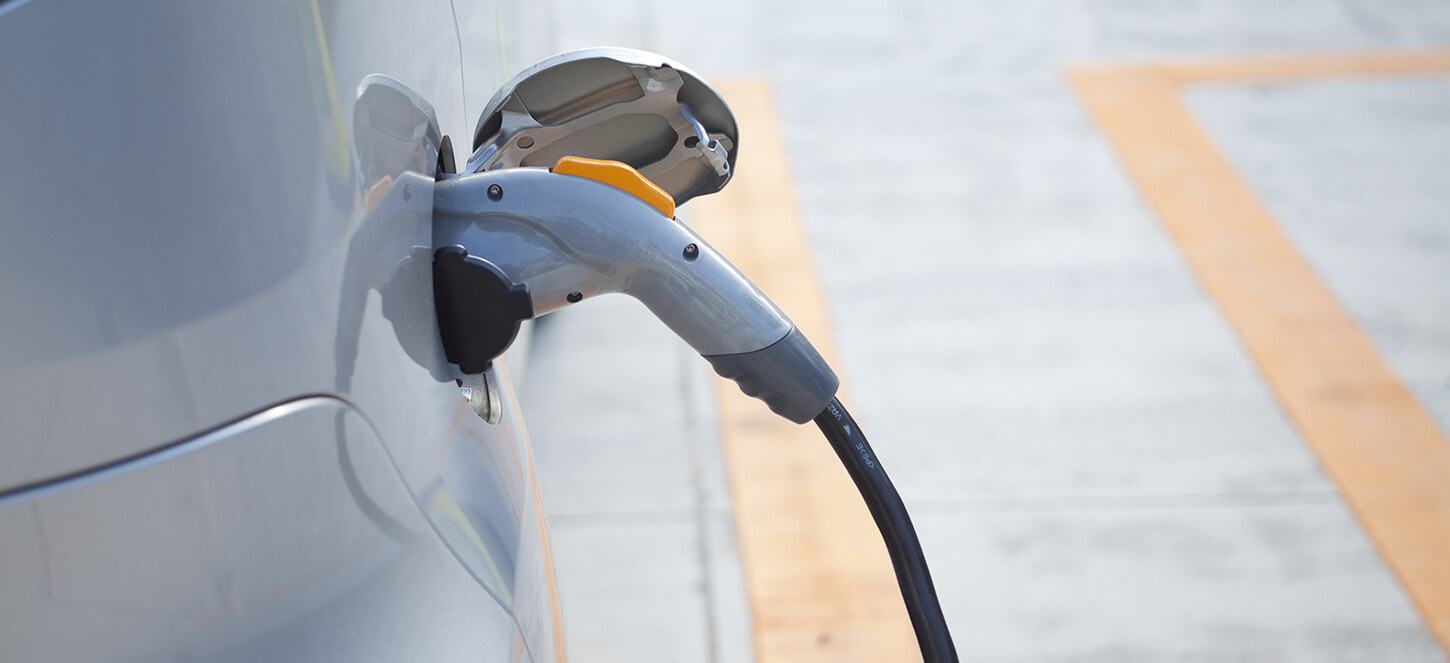 Search
Search
 Search
Search



As the electric vehicle (EV) market grows, officials are working on a plan to address challenges associated with production of EVs and the lithium batteries that power them.
During a recent hearing with the U.S. Senate Committee on Environment and Public Works on the opportunities and challenges associated with electric battery production, subject matter expert Ajay Chawan, associate director at Guidehouse, shared his insights on electrified transportation.
Chawan explained how EVs allow the U.S. to reduce dependency on foreign oil, hire more American STEM students to work in the automotive industry, and eliminate tailpipes on automobiles, reducing contributing factors to some public health issues.
Chawan also testified about new investments in battery technology. He explained how today’s conventional batteries have a liquid core and primarily use a combination of lithium, cobalt, and nickel.
Battery research is exploring ways to replace the liquid core with a solid electrolyte that would make the battery easier to handle, increase energy density, and reduce required element quantities. This is particularly important for the U.S. as the country does not have large deposits of required minerals.
Read more about the topic here and watch the hearing here (Chawan’s testimony begins around 00:44:14).